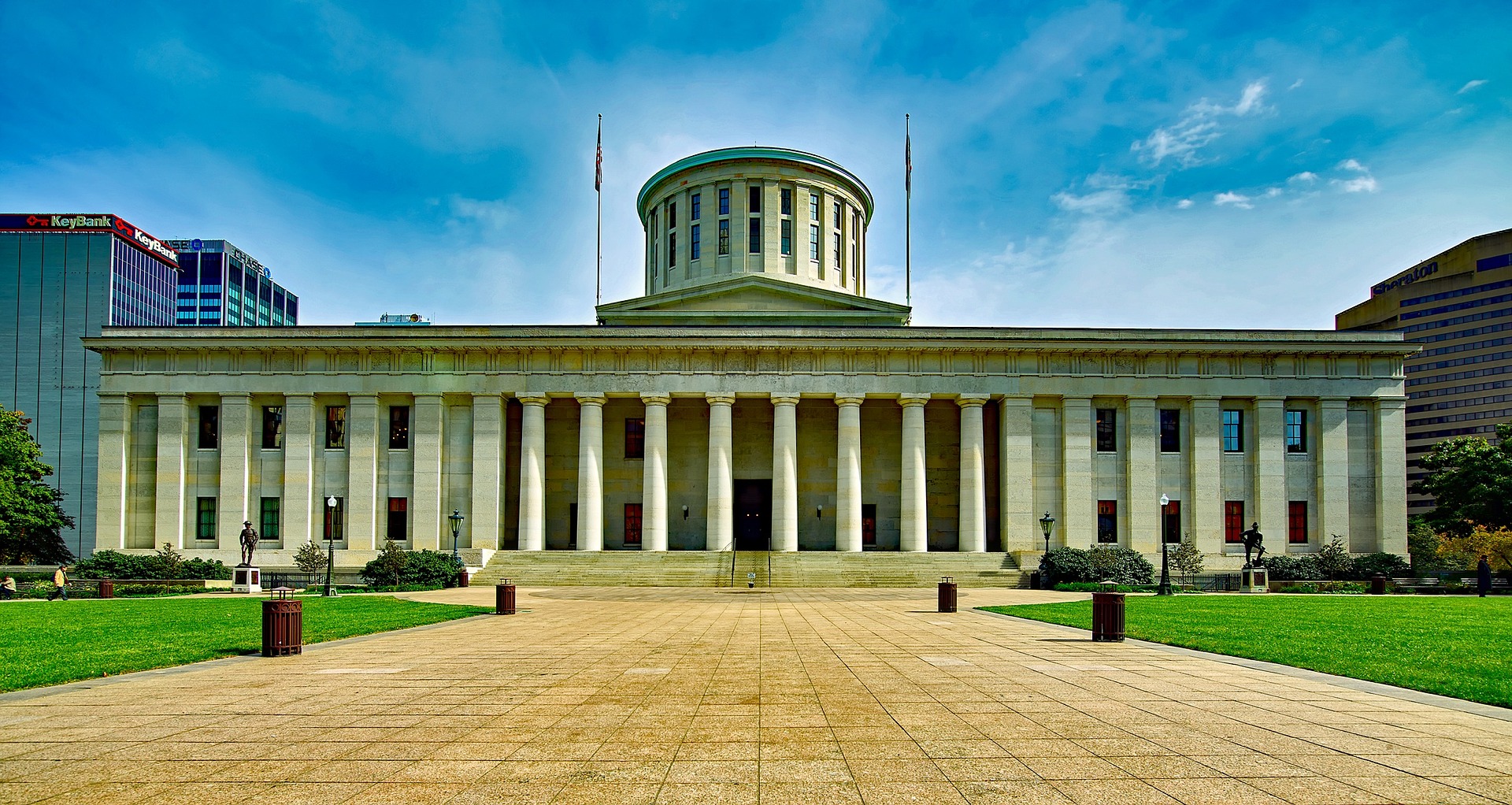A Closer Look at the Jury Nullification: An Unconventional Right
Jury nullification is a concept in legal theory that, while not often widely discussed, plays an intriguing and sometimes controversial role in the courtroom. This article delves into the history, current legal standing, and the societal implications of jury nullification in the U.S. justice system.

Historical Context of Jury Nullification
Jury nullification has roots dating back to 1670 in England, during a trial against Quakers William Penn and William Mead. Despite overwhelming evidence of guilt, the jury refused to convict, establishing a precedent for the power of juries to act against legal instructions if they believed the law was unjust. This concept journeyed across the Atlantic with the colonists and has been an underlying presence in the American justice system since.
Legal Standing of Jury Nullification in the U.S.
In the United States, while jury nullification is not an official law or policy, it is a de facto power held by juries. The U.S. Supreme Court has consistently upheld the right of a jury to acquit an accused person, even if the evidence points to guilt. However, there’s ongoing debate about whether juries should be informed of this power. Current practice leans towards not informing juries about nullification, a stance backed by the 1997 U.S. Supreme Court decision in United States v. Thomas.
Contemporary Instances of Jury Nullification
While not commonplace, instances of jury nullification do occur in modern times. A notable example is the 2012 case involving Ed Rosenthal, an advocate for medical marijuana. Despite evidence of his guilt under federal law, the jury refused to convict him, citing the law’s injustice in light of California’s acceptance of medical marijuana.
Implications and Impact on Society
The implications of jury nullification are complex and multifaceted. On one hand, it can be seen as a powerful tool for citizens to express dissent against laws they deem unjust. On the other hand, it may also lead to inconsistent verdicts and potential misuse. Critics argue it risks undermining the rule of law, while proponents see it as a crucial check on legislative power.
Jury Nullification: A Necessary Paradox?
In conclusion, jury nullification embodies a seemingly paradoxical element of the justice system - a mechanism that simultaneously upholds and challenges the rule of law. It serves as a testament to the belief in the collective wisdom of citizens and their crucial role in shaping justice. However, its potential for misuse and its ability to undermine legal consistency necessitates an ongoing dialogue about its role in our legal system.




